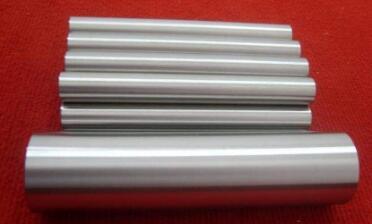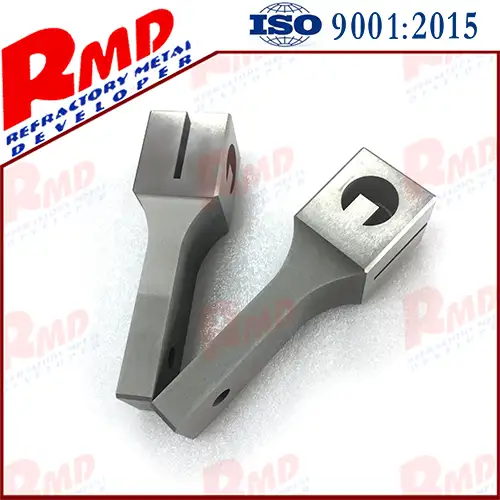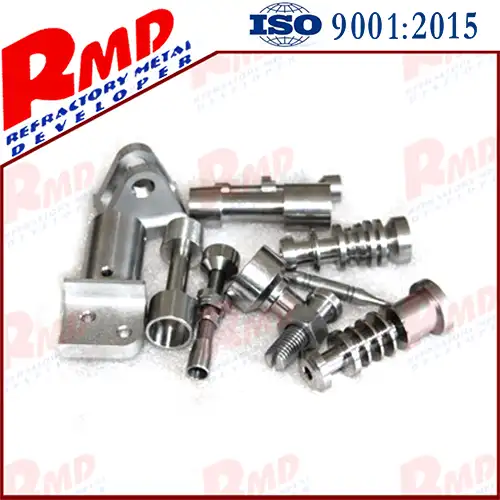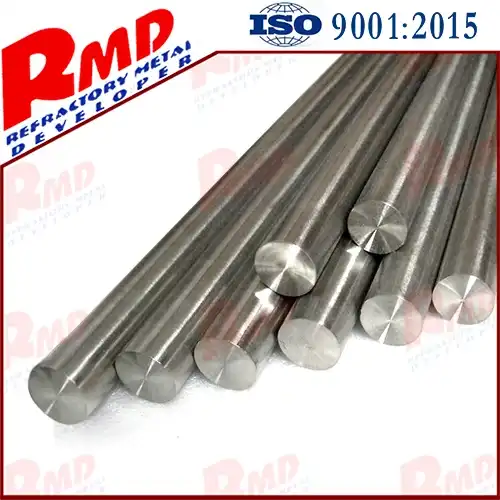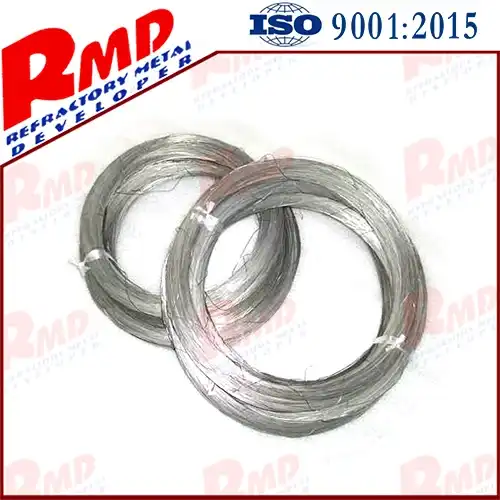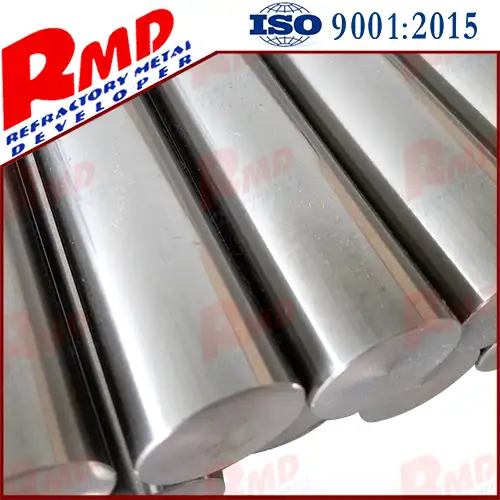- English
- French
- German
- Portuguese
- Spanish
- Russian
- Japanese
- Korean
- Arabic
- Greek
- German
- Turkish
- Italian
- Danish
- Romanian
- Indonesian
- Czech
- Afrikaans
- Swedish
- Polish
- Basque
- Catalan
- Esperanto
- Hindi
- Lao
- Albanian
- Amharic
- Armenian
- Azerbaijani
- Belarusian
- Bengali
- Bosnian
- Bulgarian
- Cebuano
- Chichewa
- Corsican
- Croatian
- Dutch
- Estonian
- Filipino
- Finnish
- Frisian
- Galician
- Georgian
- Gujarati
- Haitian
- Hausa
- Hawaiian
- Hebrew
- Hmong
- Hungarian
- Icelandic
- Igbo
- Javanese
- Kannada
- Kazakh
- Khmer
- Kurdish
- Kyrgyz
- Latin
- Latvian
- Lithuanian
- Luxembou..
- Macedonian
- Malagasy
- Malay
- Malayalam
- Maltese
- Maori
- Marathi
- Mongolian
- Burmese
- Nepali
- Norwegian
- Pashto
- Persian
- Punjabi
- Serbian
- Sesotho
- Sinhala
- Slovak
- Slovenian
- Somali
- Samoan
- Scots Gaelic
- Shona
- Sindhi
- Sundanese
- Swahili
- Tajik
- Tamil
- Telugu
- Thai
- Ukrainian
- Urdu
- Uzbek
- Vietnamese
- Welsh
- Xhosa
- Yiddish
- Yoruba
- Zulu
Properties And Application Prospect Of Tantalum Bar
2024-01-05 18:00:06
The current high-tech industries involved in the application of new materials include electronics, precision ceramics and precision glass industry; electro-acoustic and optical devices; cemented carbide, aerospace and electronic energy industries; biomedical engineering; superconducting industry; special steel and other industries.
Since the 1990s, especially since 1995, China's tantalum industry has accelerated its integration with the world's industrial industry, showing a rapid development.
In the 21st century, China's tantalum bar manufacturers have shown new features such as increasing enterprises, increasing production capacity, upgrading technology, product upgrading, quality improvement, application expansion, and environmental improvement. Their position in the international industry has further improved and the market structure has also taken off. The change. After 60 years of development, it has realized the transformation from scratch, from small to large, from military to civilian, from inside to outside and from weak to strong, gradually forming base metals from mining, mineral processing, smelting and processing. The application of a relatively complete industrial system with independent intellectual property rights, smelting and processing technology continues to innovate, production equipment is continuously updated and improved, and the industrial team and production scale are growing and developing rapidly. China's industrial industry has entered the world's major powers. In 2008, the total production capacity of various products has accounted for more than 30% of the world, and will soon exceed 50% in the short term. More than 80% of the products will be exported abroad. By the end of 2008, the number of enterprises with a certain scale has been 16 from the end of the last century. The number of employees has increased to 25, with 5,535 employees, including 1,845 scientific and technical personnel, total industry assets of 3.5 billion yuan, annual sales income of 3.3 billion yuan, product categories of 40 series of more than 200 varieties, annual production capacity of metal Nearly 1,000 tons, 500 tons of metal bismuth, 5,400 tons of potassium fluoroantimonate, 3,100 tons of cerium oxide, 1,000 tons of cerium oxide, 180 tons of enamel.
From more than 20 specifications of 11 varieties in the early stage of industrialization, it has developed into more than 40 varieties of more than 40 varieties with a full range and a wide variety (almost all types of base metals). The quality and grade of the products have been greatly improved. In 2008, China's base metal production exceeded 600 tons, accounting for more than 30% of the world's total output of 1,835 tons; 铌 equivalent metal production of 1,000 tons.
